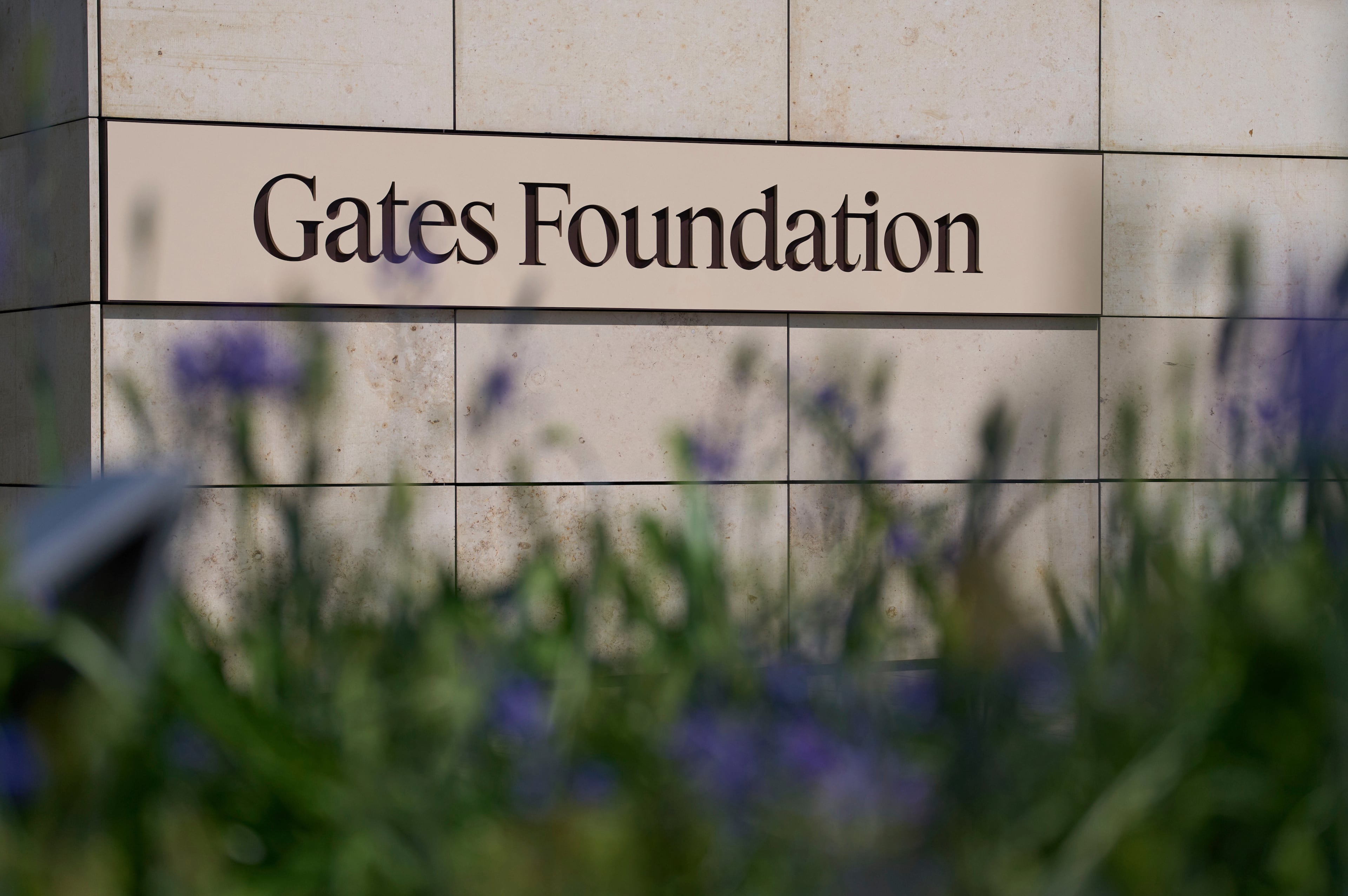Here’s why global development and humanitarian assistance matter to Georgia

On the heels of the U.N. General Assembly annual meeting, it is clear that global development and humanitarian assistance are facing a sharp withdrawal of support.
Around the world, funding is shrinking, and the public’s faith in its impact is waning. Many wonder what’s in it for them.
Yet at a time when global crises — from conflict to poverty to extreme weather — cross every border, global development is more than ever an economic and strategic imperative, especially for Georgia.
Georgia: A global development hub
Georgia has become one of the nation’s leading centers for global development. Nearly 800 international-focused nonprofits call our state home, including large-scale organizations such as CARE and The Carter Center.

Collectively, these organizations generate more than $3 billion in annual revenue, employ thousands of Georgians, and attract global talent, partnerships and investment.
This thriving sector exists here for good reason. Georgia offers a combination few places can match: global connectivity through Hartsfield-Jackson Atlanta International Airport, a pro-business and civic culture, a vibrant international community, and a skilled, diverse workforce.
While local academic institutions with a focus on international development are training the next generation of global problem-solvers, organizations like CARE are putting expertise into action, demonstrating how Georgia’s leadership in development delivers tangible benefits both abroad and at home.
Our world is interconnected
Recent years have underscored how interdependent our fates truly are. Migration, technology, and trade link us all in ways that make isolation impossible and unwise.

Investing in global development strengthens the very foundations of democracy and stability at home. When nations are more prosperous, secure, and resilient, they become better partners and more stable markets.
When people have access to education and opportunity, they are less vulnerable to extremism, corruption and displacement. Supporting global development is an investment in a safer, stronger and more prosperous world, including here in Georgia.
Building the workforce of the future
In the era of AI and fast-paced innovation, how do we train future generations for a fast-changing, interconnected world?
The Sam Nunn School of International Affairs at Georgia Tech does just that by bringing together public, private and academic partners to design practical, scalable solutions to complex challenges.
Students learn to integrate technology, policy and human-centered design to strengthen communities and improve resilience both abroad and at home.
Along with Emory, Morehouse, Spelman, Georgia State and others, students at our educational institutions are pursuing careers across sectors where they apply lessons from global development to real-world challenges.
Attracting students from across the U.S. and around the world, these programs reflect Georgia’s growing role as a hub for innovation and leadership in global and local development.
From global solutions to local impact
Global development work does not stop at the water’s edge. The lessons learned in addressing poverty, health disparities, and food insecurity abroad often translate into meaningful solutions here at home.
The same research and partnerships that improve maternal health in sub-Saharan Africa and Latin America strengthen health outcomes in rural Georgia. Innovative approaches that combat hunger in South Asia are adapted to address food insecurity here in Atlanta.
Global development is, at its heart, about solving complex problems through collaboration that leads to capacity building and uplifts our shared humanity.
Georgia offers example of “glocal” leadership
Georgia embodies what might be called the “glocal” mindset: solving global challenges through local leadership.
Our state is home to a rare ecosystem where world-class research universities, international nonprofits, and innovative businesses work side by side. Georgia’s farsighted leaders of the past knew that our growth and prosperity as a state was tied to the world — from the creation of our world-class international airport, to the aspirational 1996 Olympic Bid, to The Woodruff Foundation’s investments to bring organizations like CARE to Atlanta.
Georgia leaders must continue to be champions and leaders who invest in the next chapter of leadership in global development with an understanding that this is not just about what happens overseas; it’s also about the impact it has right here at home.
At a time when the world feels increasingly divided, Georgia stands as an example of how cooperation can drive shared prosperity. We have the institutions, the people and the purpose to lead. By continuing to invest in global development, we ensure that Georgia remains not only a gateway to the world but a force for good within it.
Michelle Nunn is president and CEO of CARE, an Atlanta-based global organization that works around the world to save lives and defeat poverty.
Dr. Adam N. Stulberg is chair of the Sam Nunn School of International Affairs at Georgia Tech.


